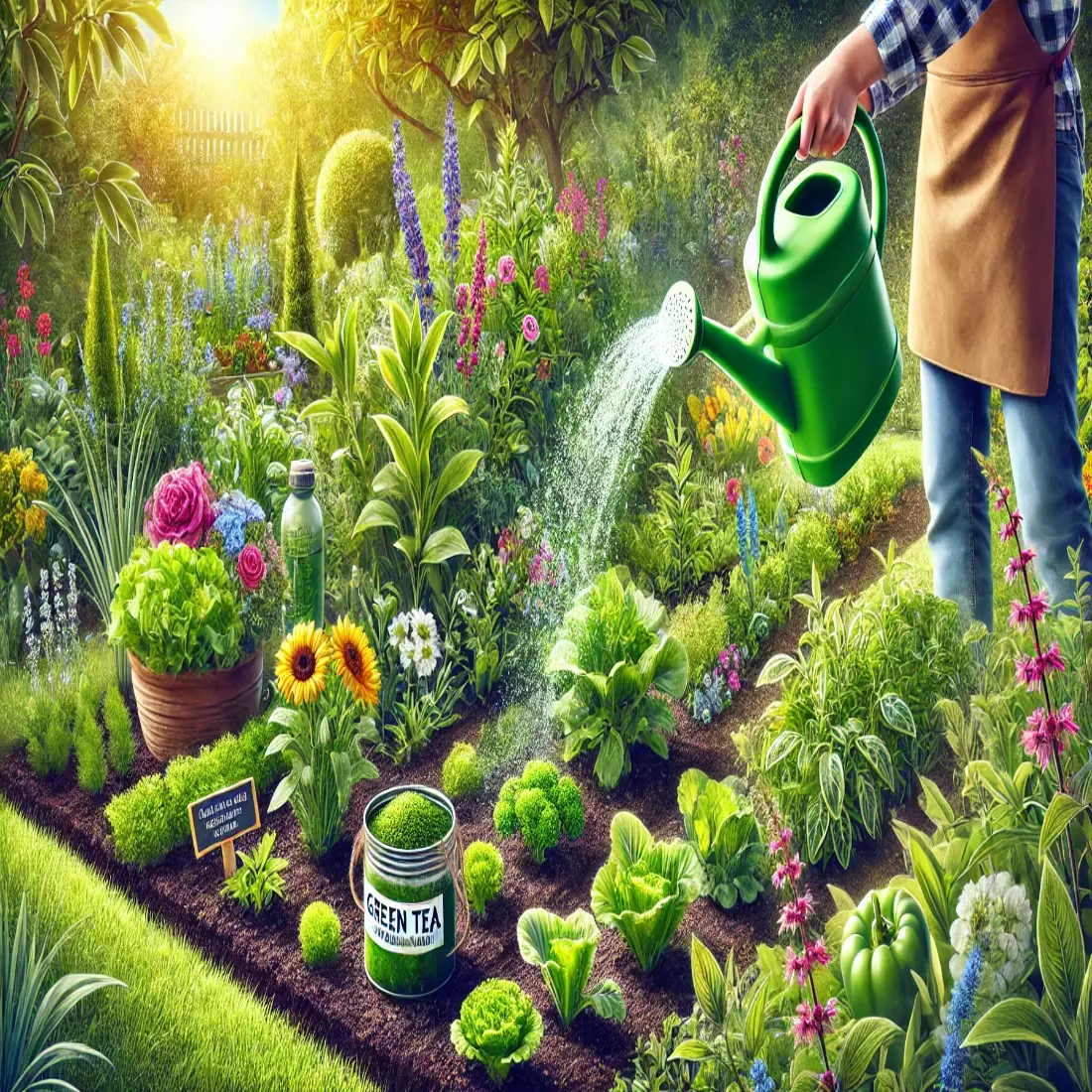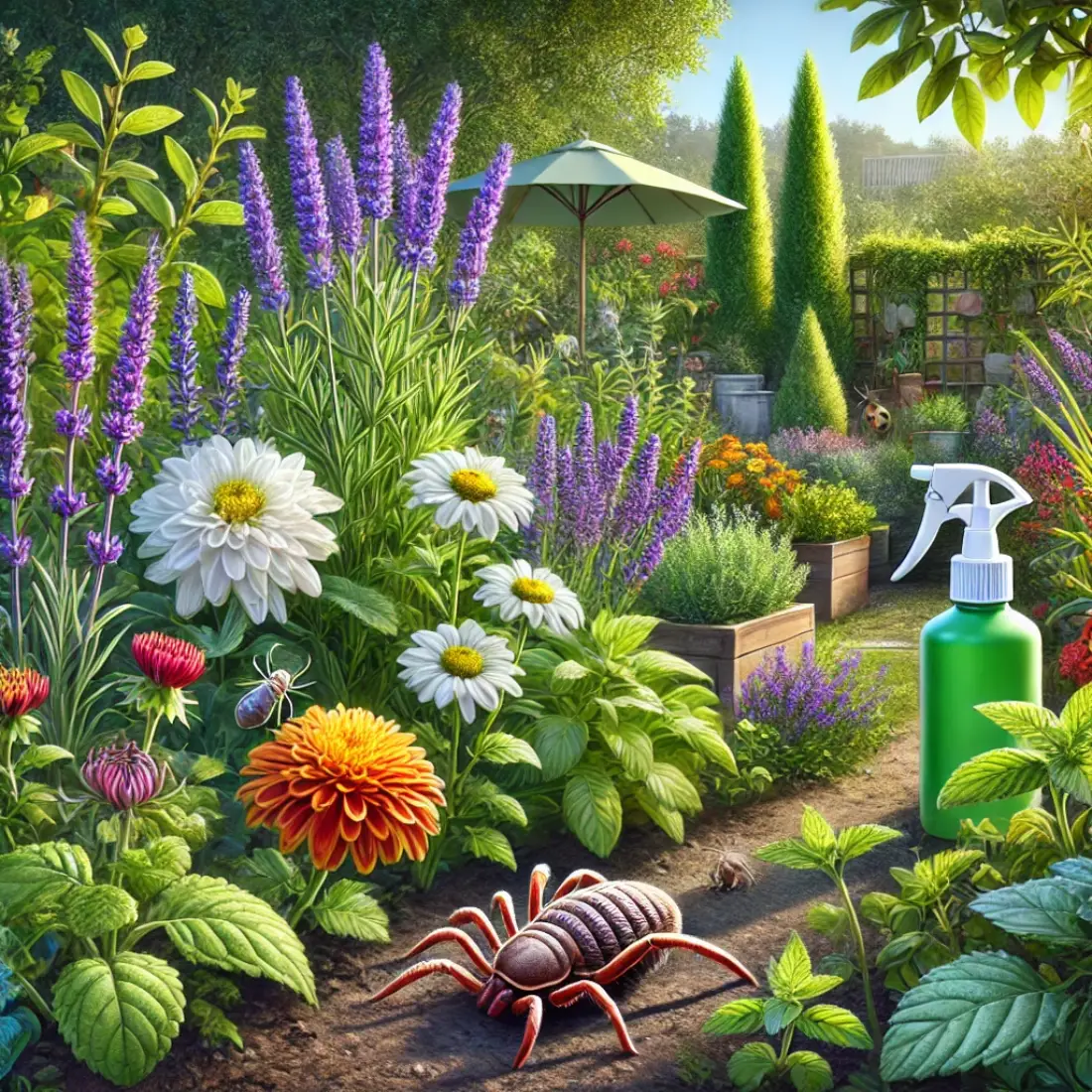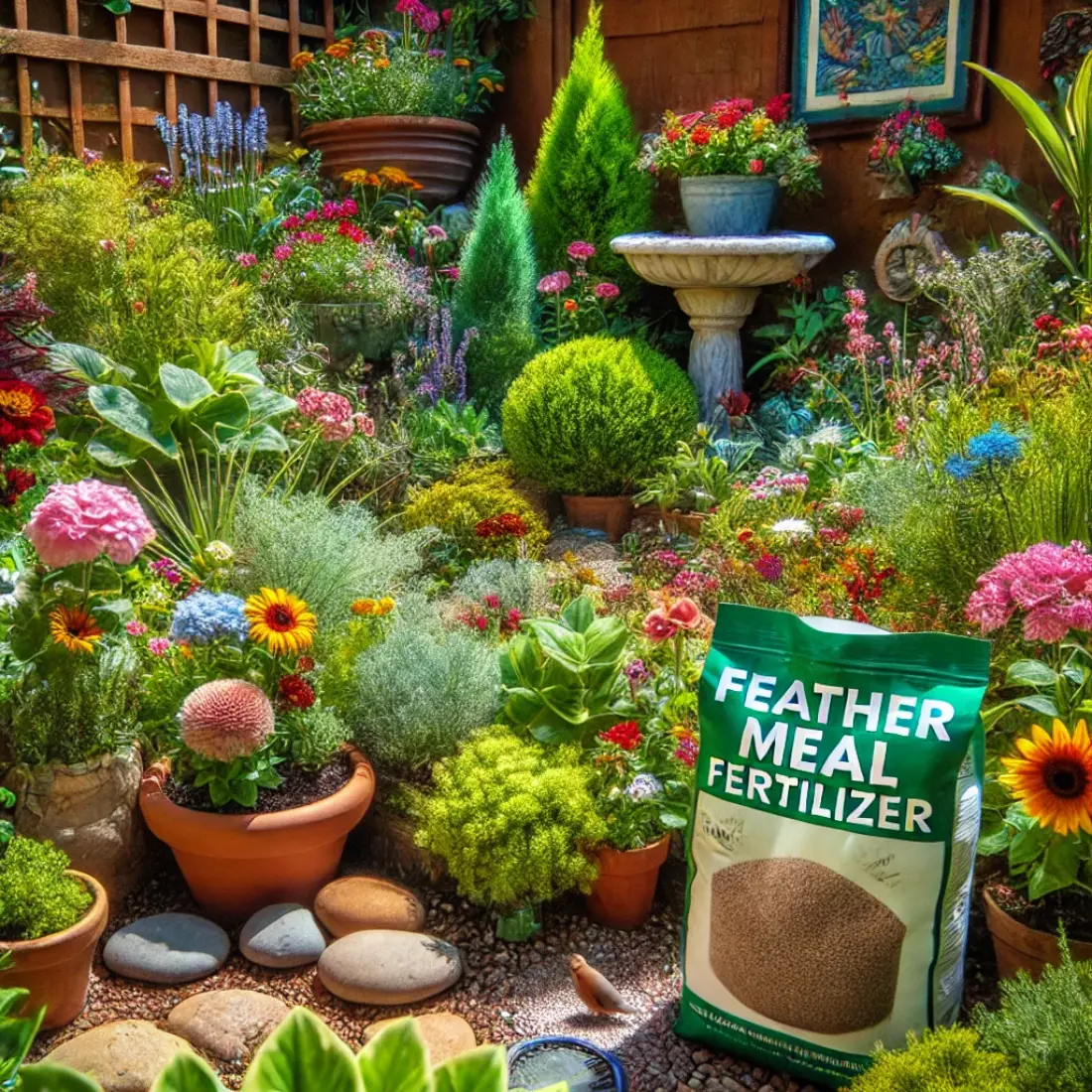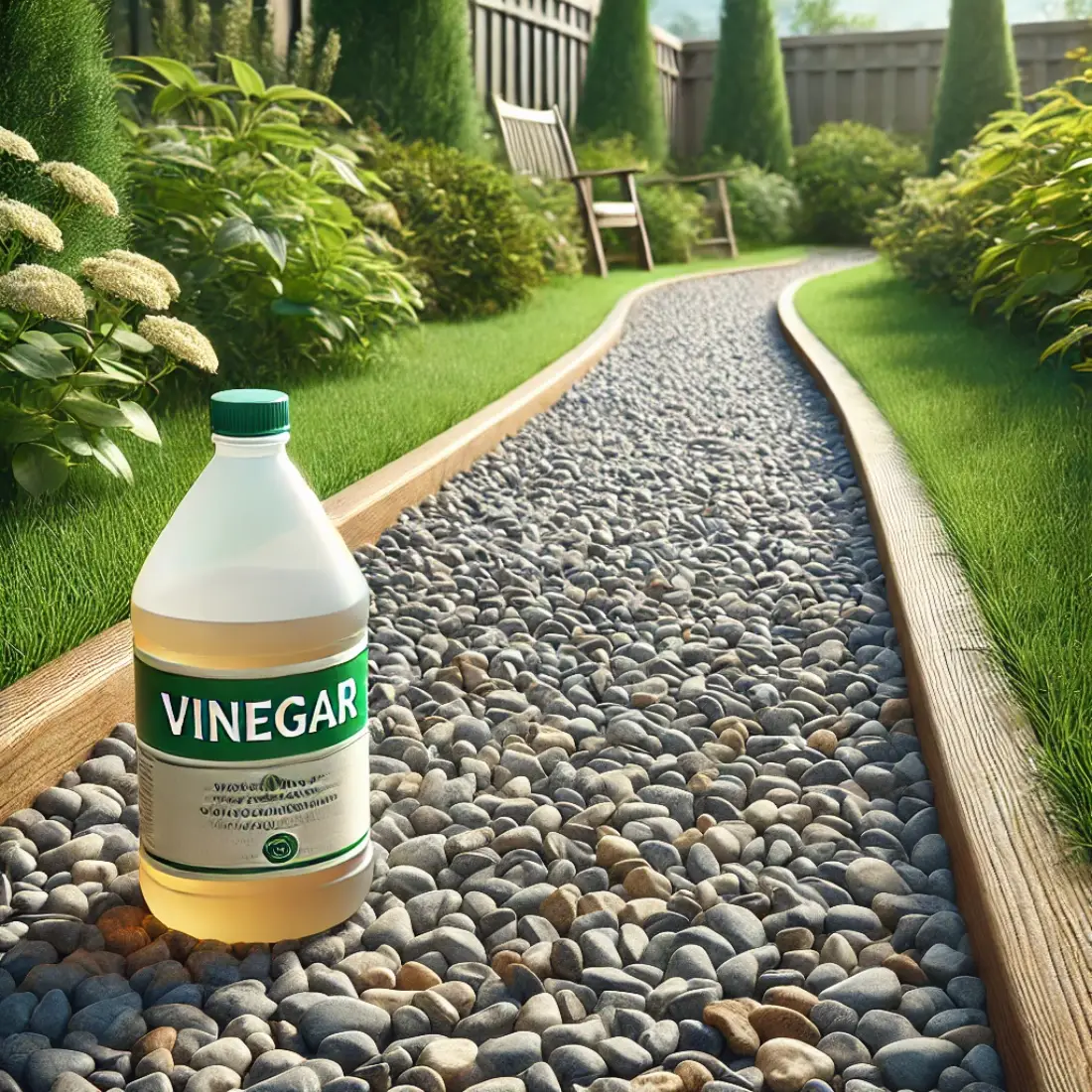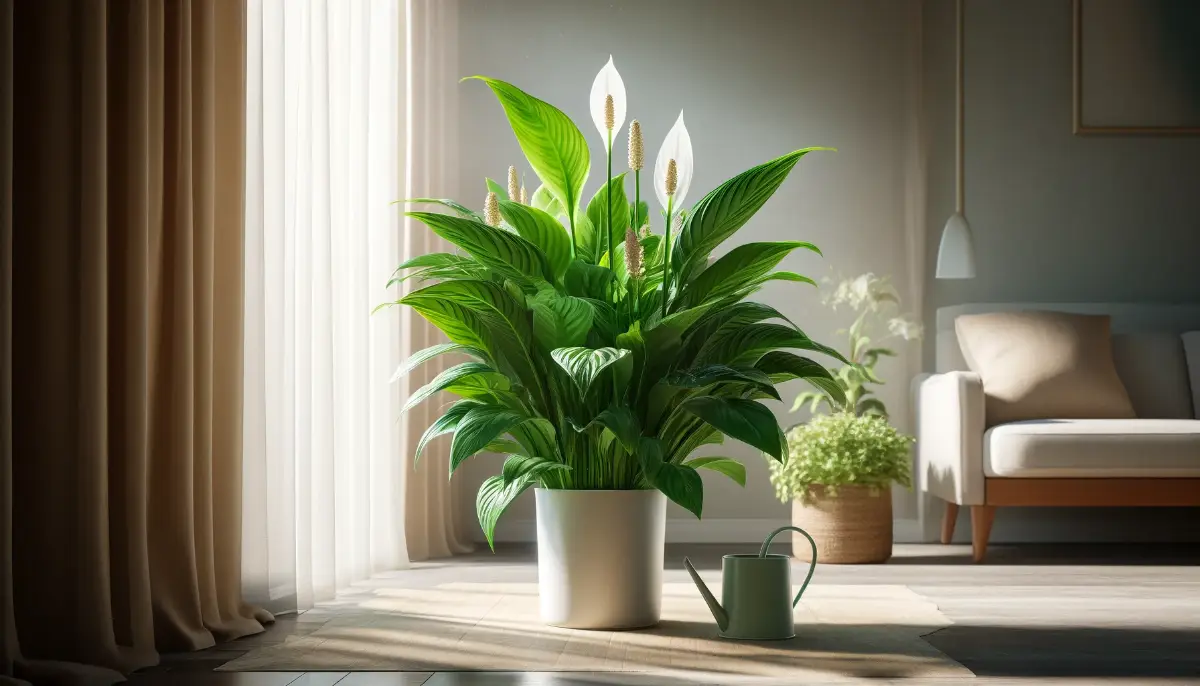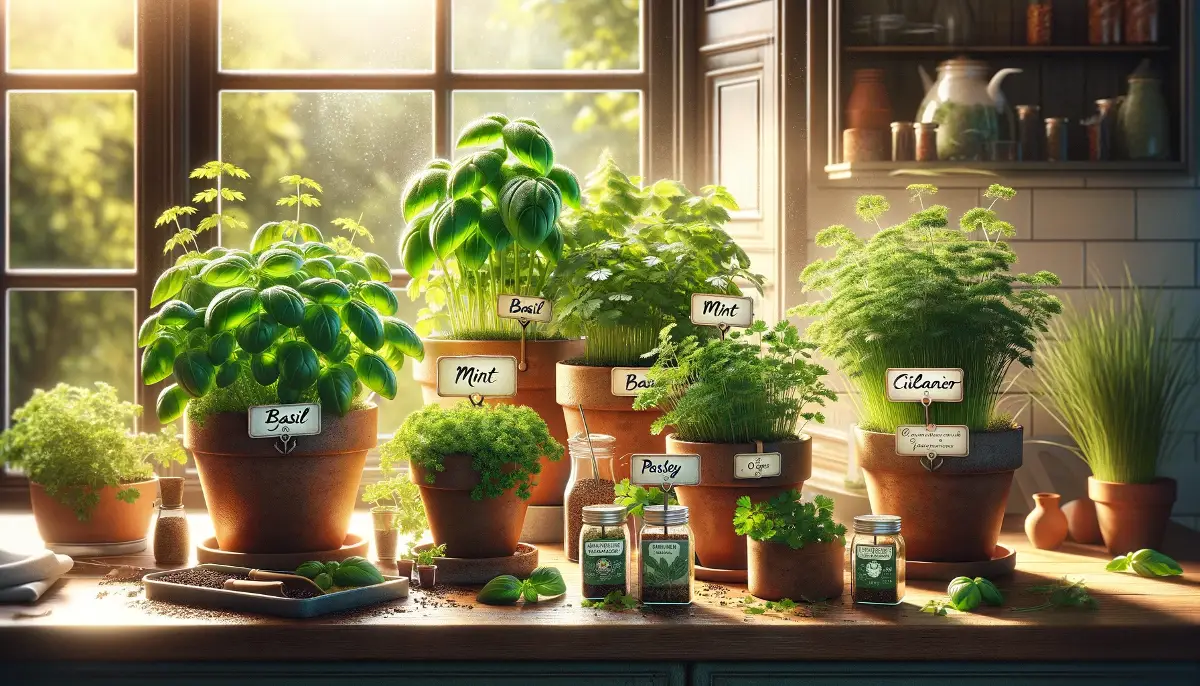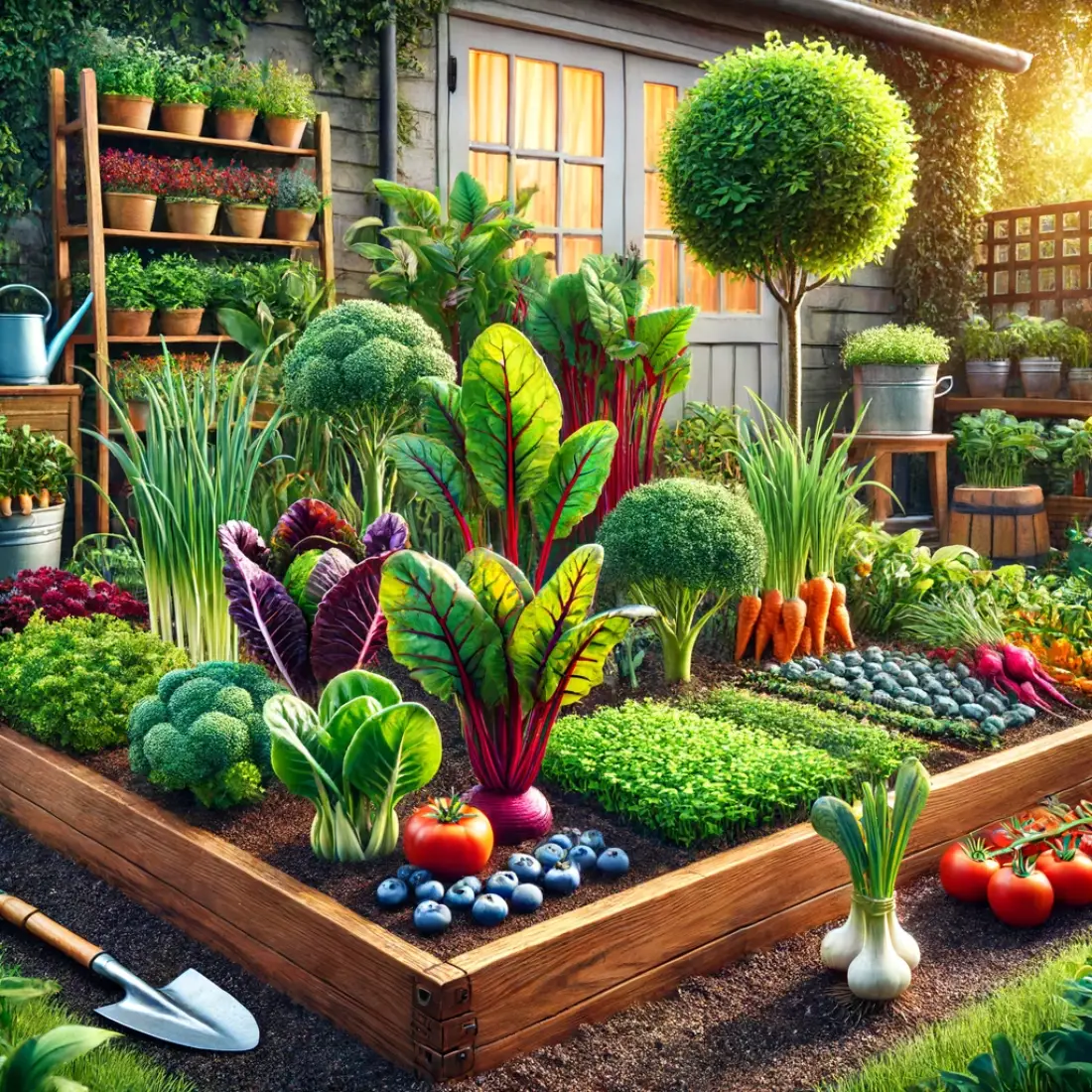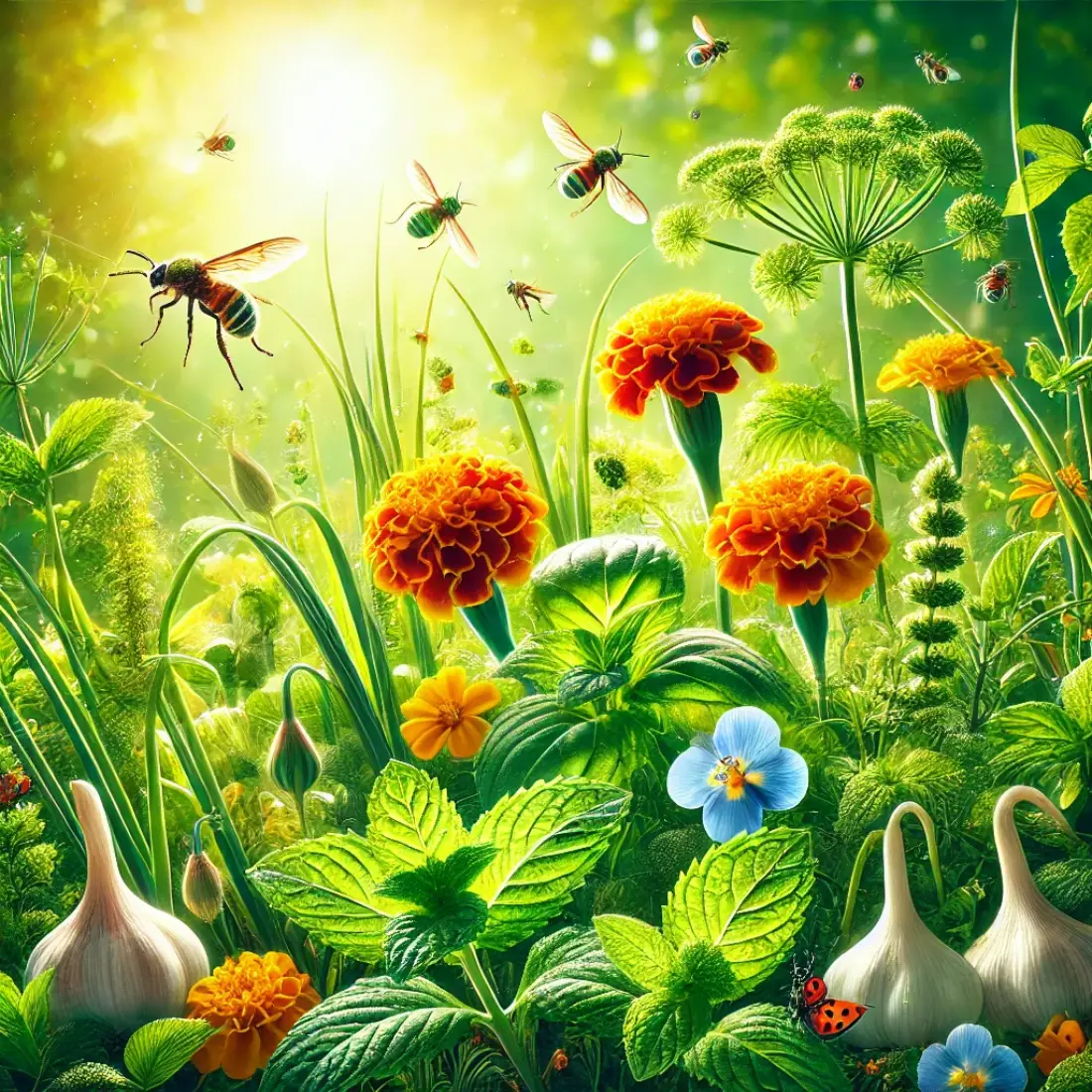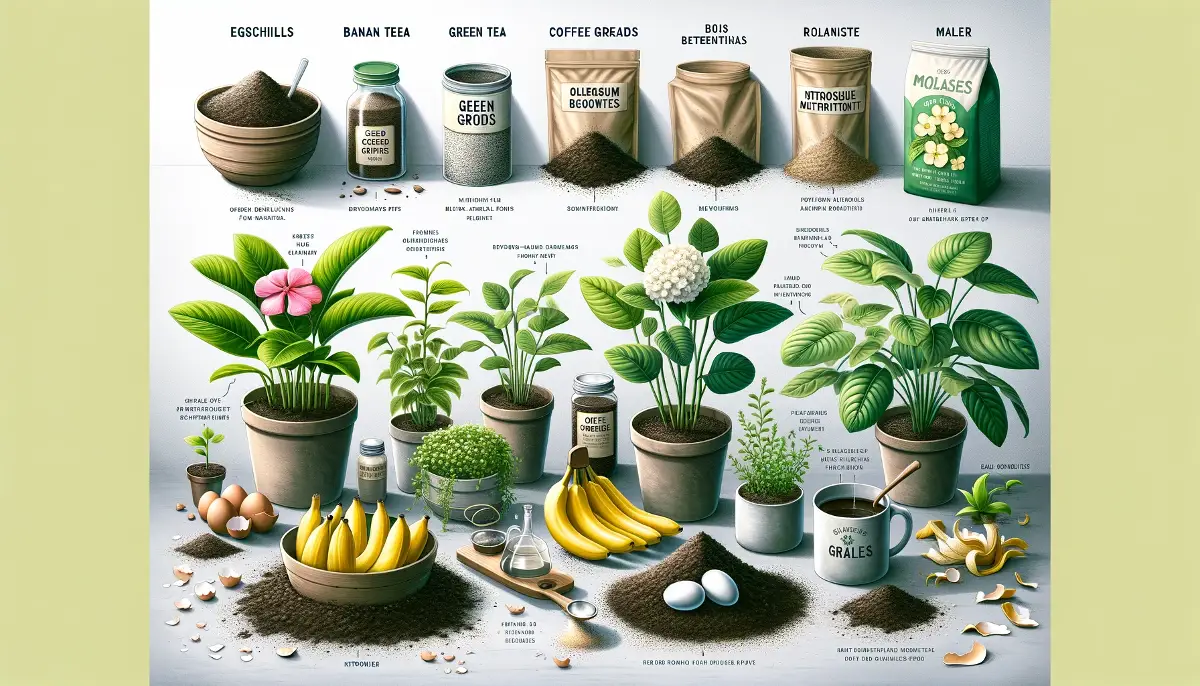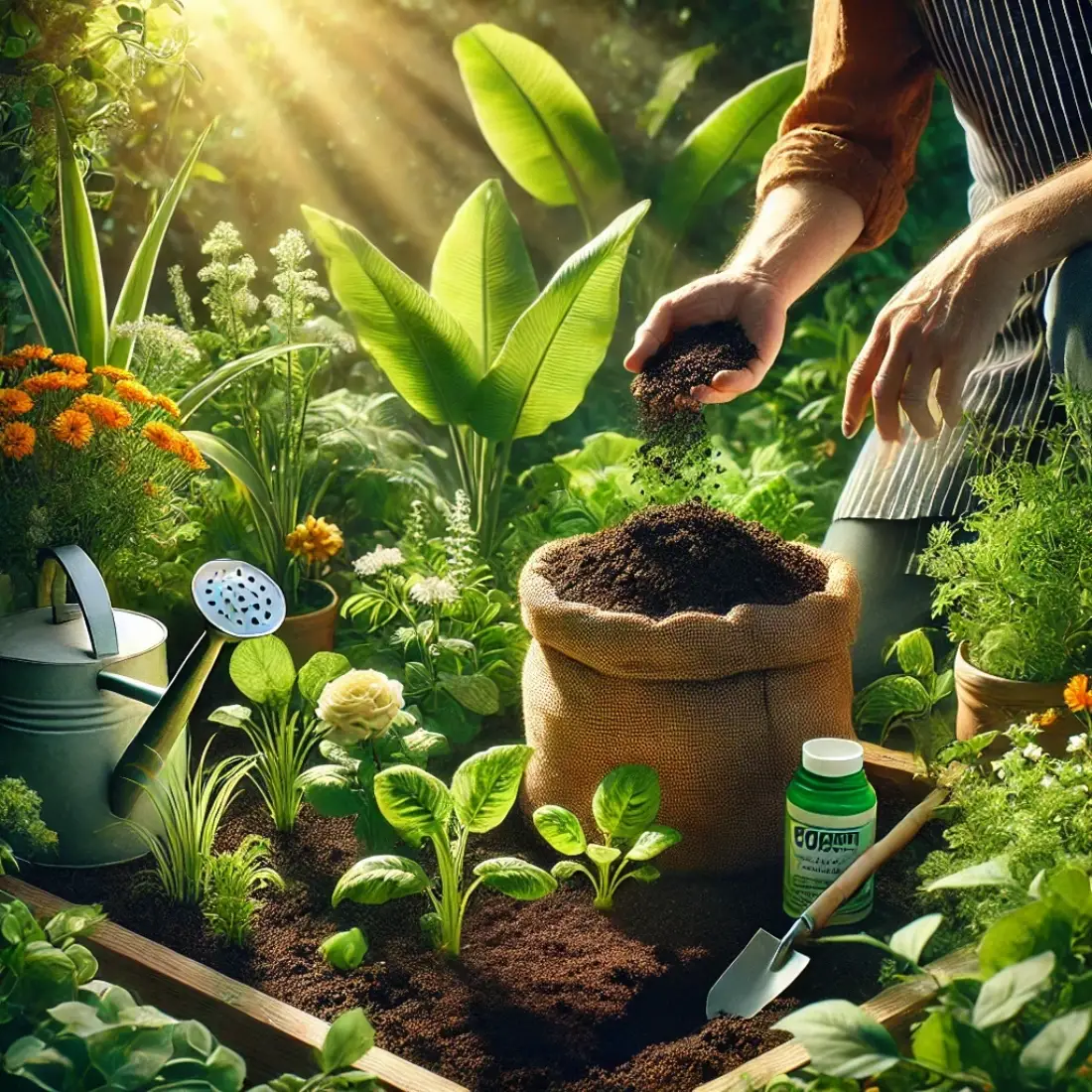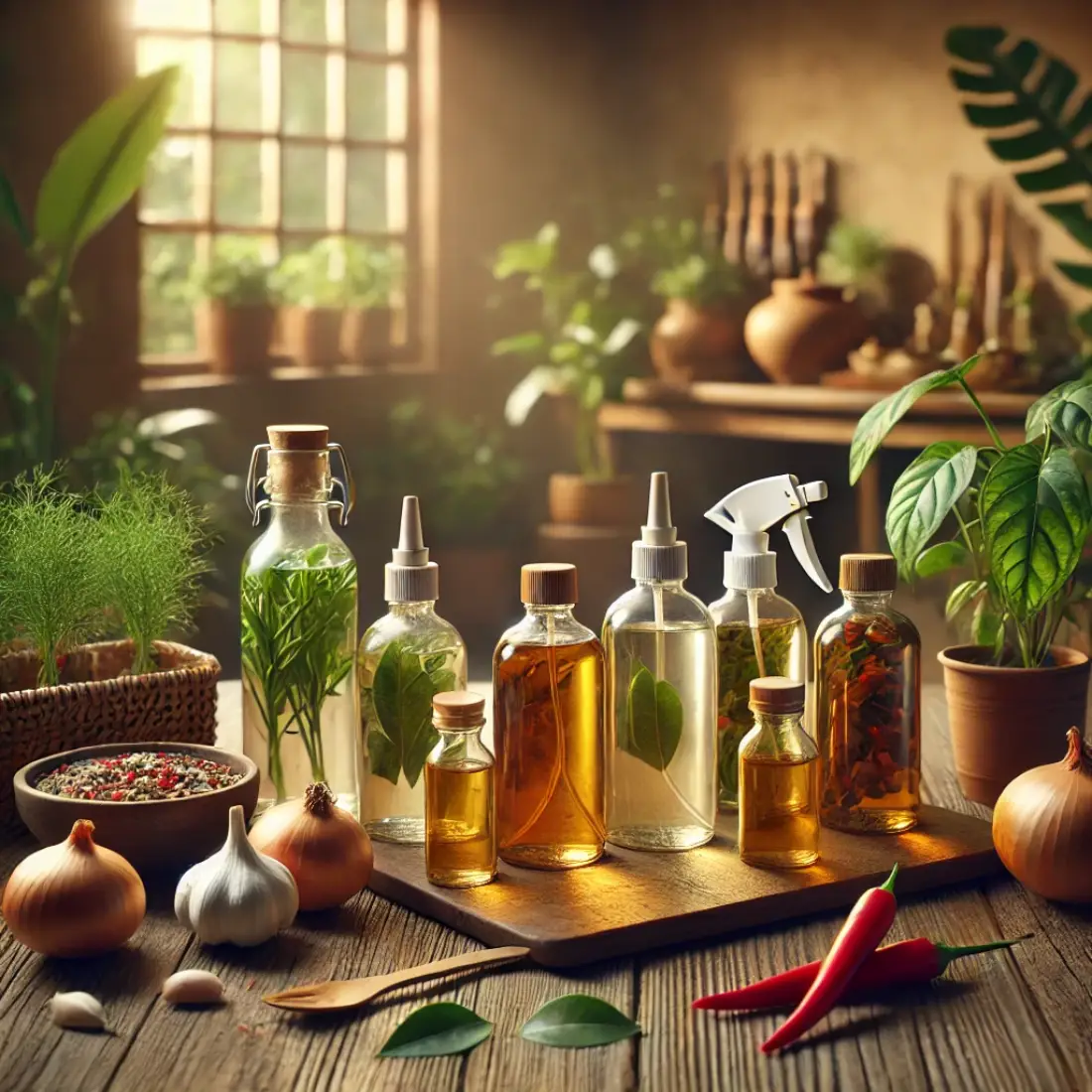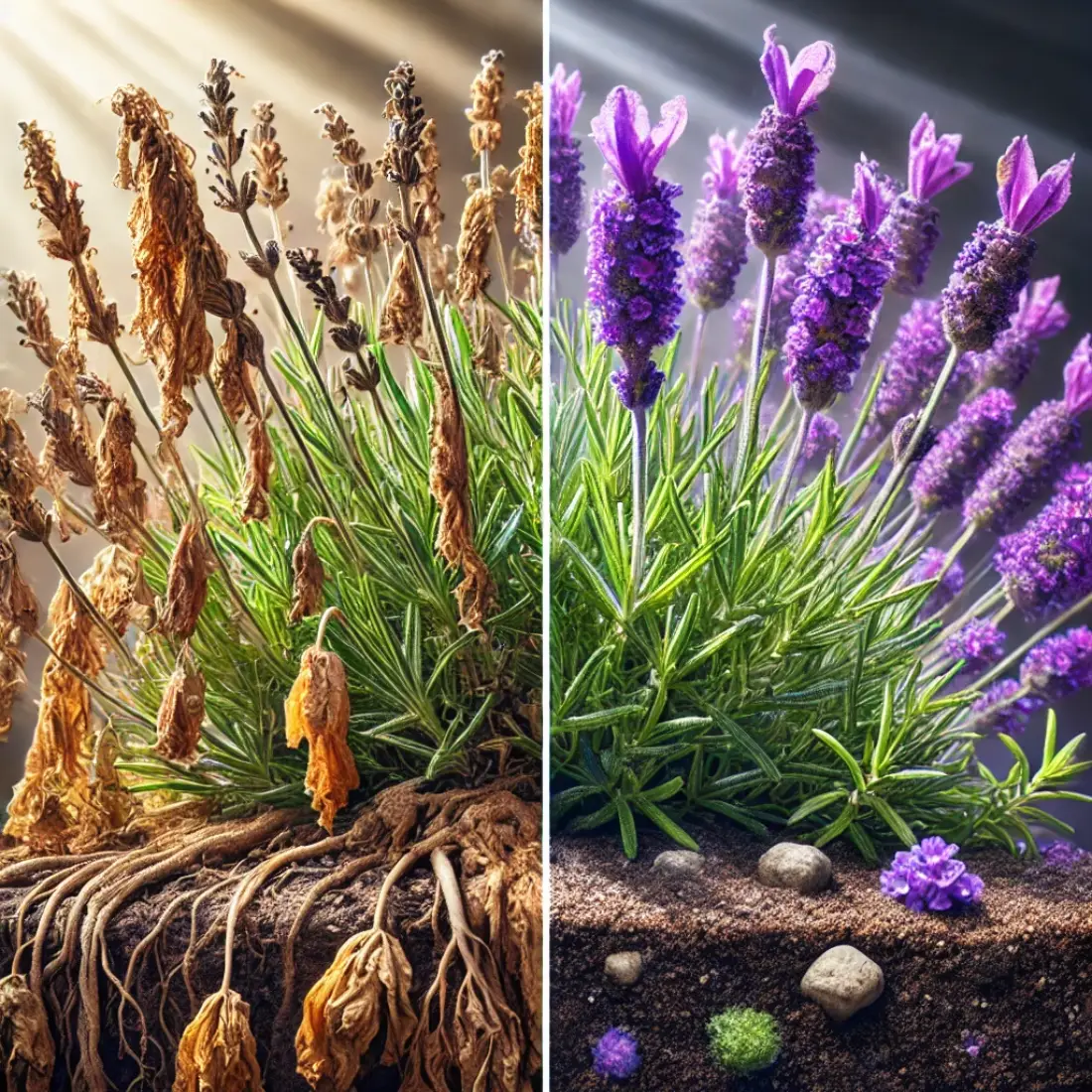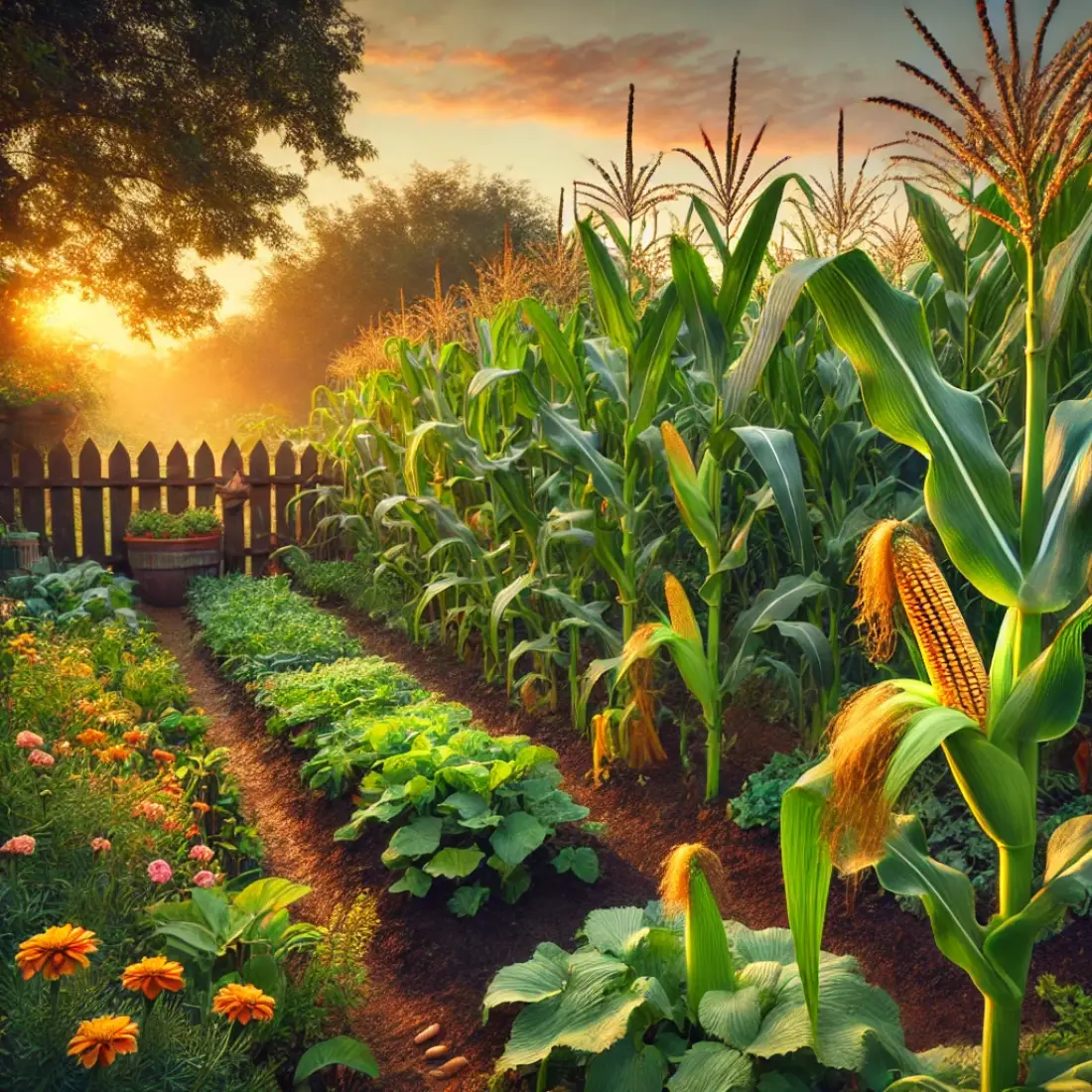Green tea isn’t just a healthy beverage for humans, it’s also a powerful natural remedy for your garden. Using green tea in your garden can bring a range of benefits, from improving soil quality to acting as a natural fertilizer and pest repellent.
Benefits of the Green Tea
Improve Soil Quality
Nutrient Addition
- Green tea leaves contain essential nutrients like nitrogen, potassium, and phosphorus, which are critical for plant growth.
- These nutrients get released into the soil when green tea is applied, enriching it naturally.
Enhance Microbial Activity
- The organic matter in green tea promotes the growth of beneficial soil microbes.
- These microbes help break down organic matter, making nutrients more accessible to plants.
Acts as a Natural Fertilizer
Rich in Minerals and Vitamins
- Green tea is packed with minerals such as magnesium, manganese, and calcium, which are vital for plant development.
- It also contains vitamins that can boost plant health.
Provides Essential Nutrients
- Regular use of green tea can supply plants with a steady stream of nutrients.
- This can lead to stronger, healthier plants with more vibrant foliage and increased resistance to diseases.
Pest Repellent Properties
Natural Pest Deterrent
- Green tea contains catechins and tannins, compounds known for their pest-repellent properties.
- These compounds can help protect plants from common pests like aphids and spider mites.
Reduces Need for Chemical Pesticides
- Using green tea as a pest deterrent minimizes the need for harmful chemical pesticides.
- This makes your gardening practices more eco-friendly and safe for beneficial insects.
Promotes Plant Growth
Stimulates Growth
- The nutrients in green tea can stimulate plant growth, leading to faster and more robust development.
- Plants may exhibit improved leaf color and more vigorous growth.
Improves Root Development
- Green tea can enhance root development, helping plants establish themselves more firmly in the soil.
- Better root systems enable plants to absorb water and nutrients more efficiently.
Safe and Eco-Friendly Option
Non-Toxic and Natural
- Unlike synthetic fertilizers and pesticides, green tea is a natural, non-toxic option for plant care.
- It poses no harm to the environment, making it a sustainable choice for gardeners.
Easy to Use
- Green tea is easy to prepare and apply, making it accessible even for novice gardeners.
- Its versatility allows it to be used in various forms, such as a liquid fertilizer, foliar spray, or compost addition.
Preparing Green Tea for Plants
Brew the Green Tea
Ingredients
- Use 1-2 green tea bags or 1-2 tablespoons of loose green tea leaves.
- 1 gallon of water.
Instructions
- Boil the water and let it cool slightly to avoid burning the tea.
- Steep the green tea bags or leaves in the hot water for 10-15 minutes.
- Remove the tea bags or strain out the loose leaves.
- Allow the tea to cool completely before using it on your plants.
Application Methods
Watering Plants with Green Tea
Dilution
- Dilute the brewed green tea with additional water if it appears too strong (a light brown color is ideal).
- A 1:1 ratio of green tea to water is a good starting point.
Application
- Pour the diluted green tea directly onto the soil around your plants.
- Use it as you would with regular water, ensuring the soil is evenly moist.
- Apply green tea once a week for best results.
Foliar Spray
Preparation
- Fill a spray bottle with the cooled, diluted green tea.
- Ensure the solution is not too strong to prevent leaf burn.
Application
- Spray the green tea solution directly onto the leaves of the plants.
- Ensure thorough coverage, including the undersides of the leaves.
- Apply in the early morning or late evening to avoid the hot sun, which can cause the leaves to burn when wet.
Using Green Tea Compost
Instructions
- Collect used green tea leaves or bags after brewing.
- Rinse off any residual sugars if using sweetened tea.
Composting
- Mix the used tea leaves into your compost pile.
- The organic matter will break down and enrich the compost with additional nutrients.
- Used tea leaves add nitrogen to the compost, which is beneficial for plant growth.
Potential Drawbacks and Considerations
Overuse of Green Tea
Possible Effects
- Excessive use of green tea can lead to nutrient imbalances in the soil.
- Watch for signs of over-fertilization, such as leaf burn or yellowing.
Guidelines
- Use green tea in moderation, sticking to a weekly application.
- Monitor your plants and adjust usage based on their response.
Sensitive Plants: Some plants may not respond well to green tea, particularly those sensitive to changes in soil pH or nutrient levels like: Succulents and Cacti, Lavender, Orchids.
Alternative Options: For plants that do not benefit from green tea, consider other natural fertilizers like compost tea or diluted fish emulsion.
Plants That Benefit from Green Tea
Using green tea for plants can provide numerous benefits, but it’s important to know which plants will thrive with this natural treatment.
Houseplants
Fiddle Leaf Fig (Ficus lyrata): Enhanced leaf growth and vibrant color. Green tea provides essential nutrients like nitrogen and potassium, promoting lush foliage.
Spider Plant (Chlorophytum comosum): Improved root development and resilience against pests. The antioxidants and nutrients in green tea support overall plant health and pest resistance.
Peace Lily (Spathiphyllum): Increased bloom frequency and healthier leaves. Green tea’s minerals and vitamins boost flowering and leaf vitality.
Outdoor Plants
Roses (Rosa spp.): Enhanced flower production and disease resistance. Green tea’s nutrients strengthen the plant and improve its immunity.
Tomatoes (Solanum lycopersicum): Better fruit yield and quality. The nitrogen in green tea promotes healthy growth and fruit production.
Hydrangeas (Hydrangea spp.): Richer flower colors and improved growth. Green tea helps maintain soil pH and provides essential nutrients.
Herbs
Basil (Ocimum basilicum): More vigorous growth and pest resistance. The nutrients in green tea support healthy, aromatic foliage.
Mint (Mentha spp.): Enhanced leaf production and flavor. Green tea provides a nutrient boost, improving overall plant health.
Rosemary (Rosmarinus officinalis): Stronger stems and improved resistance to pests. The antioxidants in green tea support robust growth and pest deterrence.
Vegetables
Lettuce (Lactuca sativa): Faster growth and improved leaf quality. Green tea’s nutrients promote healthy, crisp leaves.
Carrots (Daucus carota): Improved root development and yield. Green tea enhances soil quality, supporting strong root growth.
Peppers (Capsicum spp.): Higher fruit yield and better pest resistance. The vitamins and minerals in green tea support healthy fruiting and plant resilience.
Flowers
Marigolds (Tagetes spp.): Enhanced bloom quality and pest deterrence. Green tea provides essential nutrients and repels common garden pests.
Petunias (Petunia spp.): More vibrant blooms and improved overall health. The nutrients in green tea support continuous blooming and plant vitality.
Daisies (Bellis perennis): Increased bloom size and frequency. Green tea helps maintain healthy soil and provides nutrients that support flowering.
Trees and Shrubs
Azaleas (Rhododendron spp.): Improved flowering and leaf health. Green tea helps maintain the acidic soil conditions preferred by azaleas.
Maple Trees (Acer spp.): Enhanced leaf color and tree vigor. The nutrients in green tea promote healthy foliage and overall tree health.
Rhododendrons (Rhododendron spp.): Healthier leaves and more vibrant blooms. Green tea provides essential nutrients and helps maintain soil acidity.
FAQs about Green Tea for Plants
Can green tea harm my plants?
Green tea is generally safe for most plants when used in moderation. However, overuse can lead to nutrient imbalances or soil acidity changes, which might harm some plants. Always monitor your plants’ response to green tea applications.
How often should I use green tea on my plants?
Using green tea once a week is usually sufficient. This frequency provides a steady supply of nutrients without overwhelming the plants. Adjust based on your plants’ specific needs and responses.
Can I use any type of green tea for my plants?
Yes, you can use any type of green tea, including loose leaves or tea bags. Just ensure the tea is unsweetened and free of additives. Organic green tea is preferable to avoid introducing any chemicals to your garden.
Is green tea effective for all types of plants?
Green tea benefits a wide range of plants, but some may not respond as well, particularly those sensitive to changes in soil pH or nutrient levels. It’s always best to test on a small area first and observe the results.
How do I prepare green tea for my plants?
Brew 1-2 tea bags or 1-2 tablespoons of loose green tea leaves in 1 gallon of water. Let it steep for 10-15 minutes, then allow it to cool completely. Dilute with additional water if necessary to achieve a light brown color before applying.
Can I use green tea leaves directly in the soil?
Yes, you can mix used green tea leaves into the soil or compost. They decompose and enrich the soil with valuable nutrients, improving soil quality and plant health over time.
Does green tea help with pest control?
Green tea contains compounds like catechins and tannins that can repel pests. Spraying diluted green tea on plants can deter common pests like aphids and spider mites, reducing the need for chemical pesticides.
What are the signs of overusing green tea on plants?
Signs of overuse include leaf burn, yellowing leaves, and stunted growth. If you notice these symptoms, reduce the frequency and concentration of green tea applications.
Can I use green tea on indoor plants?
Yes, green tea is safe and beneficial for many indoor plants. It can enhance leaf growth, improve soil quality, and provide essential nutrients. Use it as a diluted solution for watering or as a foliar spray.
Are there any plants that shouldn’t be treated with green tea?
While most plants benefit from green tea, some, like succulents and cacti, may not respond well due to their specific nutrient and water requirements. It’s best to use green tea on plants known to thrive with it and avoid those sensitive to changes in soil composition.

